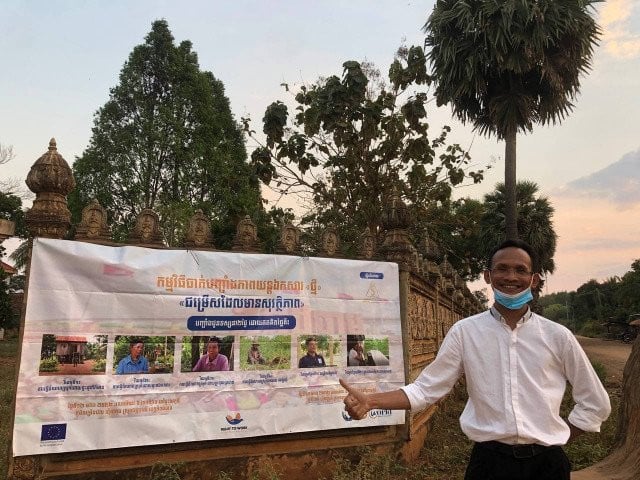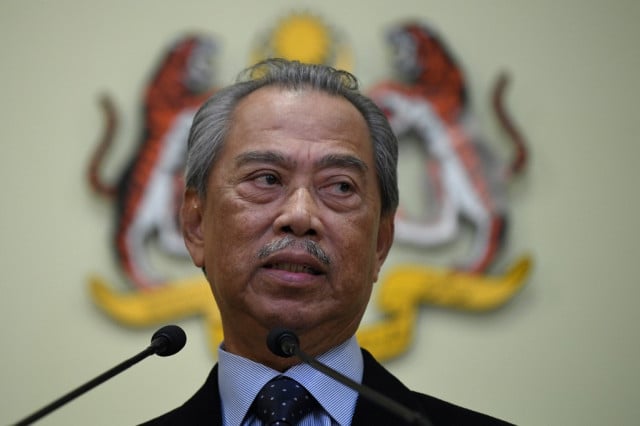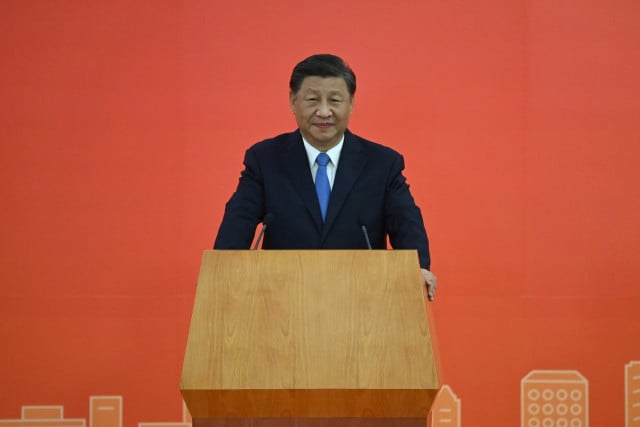Documentary Films Aiming to Support Migrant Workers

- By Po Sakun
- January 23, 2022 3:30 PM
The Right to Work project aims to showcase the realities of migrant workers’ experiences while seeking employment overseas and highlights the risks and impacts that such work carries
PHNOM PENH--In partnership with Italian NGO WeWorld, the Sunflower Film Organization is seeking to support Cambodian migrant workers through documentaries that highlight both the dangers of human trafficking and illegal migration, but also aim to shift people’s perception of Cambodian migrant workers abroad.
Kicking off in 2019, the Sunflower Film Alliance’s Right to Work project engages a range of stakeholders, including WeWorld in Siem Reap and Kampong Cham provinces, as well as Legal Support for Children and Women (LSCW) with funding from the European Union to support the rights of low-skilled migrant workers by producing documentaries.
The project, scheduled to come to an end this year, has produced nine films so far according to Sum Sithen, executive director of Sunflower Film Organization. Four of those films were made by a group of young people living among migrant worker communities.
Sithen said that many of the documentaries are short, just five minutes or so, but they focus on select issues such as the risks associated with brokers who secure work—sometimes legally, sometimes through informal channels—as well as the dangers migrant workers face crossing borders and the experiences they deal with upon arrival.
“Most workers do not only have problems with money, but they also suffer emotionally because they have not been valued like normal people,” said Sithen. “This is an issue that the project wants to address in order to ensure equal rights. Even if the workers have high or low skills, they still have the same rights.”
The films often draw on the experiences and traumas faced by former migrant workers, which Sith said allows the documentaries to pass on knowledge of the realities behind migrant work to communities, hoping to shift their perception.
“We bring those films to some target villages. There are around 100 people watching in one place—most of them are children. If we tell them the truth [about migrant work], they will not listen. But if we tell them through the movies, they will accept it quickly. Pictures, sounds and gestures allow them to pay more attention and reflect,” said Sithen.
In addition to documentaries, other digital media and social media platforms, along with radio and influencers, can all play a role in raising awareness and so by screening the documentaries in different villages, the Sunflower Film Alliance can contribute to the development of rights and understanding for migrant workers by teaching and sharing information.
WeWorld’s country representative in Cambodia, Andrea Cefis, stated that WeWorld’s mission in Cambodia is to help vulnerable people in society, develop human and economic resources, especially among women and children, to ensure that no-one is left behind.
“We launched the Right to Work project to provide legal aid for children and women to ensure the protection of the rights of migrant workers, the fight against human trafficking, as well as the implementation of our activities,” he said.
Hou Vuthy, secretary of state at the Ministry of Labor and Vocational Training, agreed that the project has contributed to assisting people in making more informed decisions regarding migrant work.
“This Right to Work project has contributed to reducing risks through research and studies as well as gathering information from all stakeholders, including communities and partner organizations,” Vuthy said.
Meanwhile LSCW’s director of legal support, Mom Sokchar, said that the Right to Work project is not just about high or low-skilled workers, it’s to show that everyone has skills and that a favorable environment can be created for all migrant workers to enjoy the same rights and protections that each of them deserve.
Prior to COVID-19, local labor rights group CENTRAL estimated that there were more than 2 million Cambodians working abroad, but warned that while the pandemic has disrupted many of the formal routes into migrant labor, traffickers have adapted faster than law enforcement to the shifting regulations and restrictions, further putting migrant workers at risk of exploitation and abuse.















